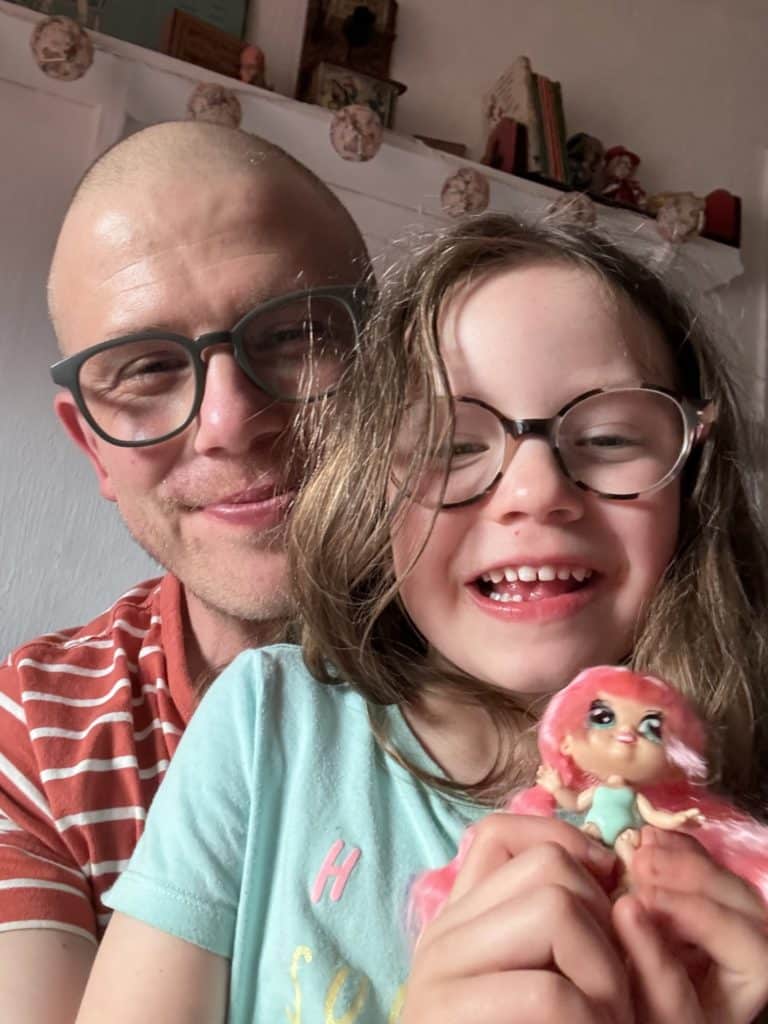
Chris determined to conquer Great West Run after cancer all-clear
When Chris Shaw from Copplestone was diagnosed with cancer at the age of 39, he and his wife, Carla, decided…
Since FORCE (Friends of the Oncology and Radiotherapy Centre, Exeter) was first registered as a charity in 1987 it has developed a vital role in providing local cancer services. Our work is founded on the belief that anyone diagnosed with cancer deserves the best possible support and treatment as close as possible to where they live.
We initially operated out of a small room at the Royal Devon & Exeter Hospital and had no full-time employees. Driven by the desire to improve support for local cancer patients, FORCE has grown into one of the region’s most loved and respected charitable organisations. Our administrative headquarters are within our pioneering Support and Information Centre in the grounds of the RD&E and we have an annual turnover of more than £1million.
In the first 10 years our focus was on research and buying equipment for the hospital. The charity developed from the merger of two local appeals – the Selectron Appeal and HOPE (Home Oncology Programme Exeter), under the clinical direction of FORCE co-founder Dr Chris Rowland. HOPE enabled patients to receive treatment at home rather than in hospital while continuing with normal activities of daily living, giving them a greater sense of control over their own lives.
Dr Rowland also investigated the scientific basis for this method of treatment, conducting research into which chemotherapy drugs could be given in this way and how the body dealt with them, so as to establish the best treatment for that patient. Pioneered in Exeter, home infusional chemotherapy has since been developed further and is now readily available across the UK and the world.
Also in 1987, with support through FORCE, Dr Rowland brought individualised radiotherapy in the form of high dose-rate internal Selectron treatment to Exeter. He and his team undertook pivotal work with this treatment machine, making Exeter the first centre in the world to develop its use in a wide range of cancers. As a result of this work, such radiotherapy treatment equipment is now standard nationally and internationally. Through the success of the Selectron work and the HOPE programme, Exeter became firmly established on the global cancer research map.
In 1991 FORCE appointed a clinical research assistant, and it was this post which became the foundation for the highly successful clinical research programme at the Royal Devon & Exeter Hospital today. FORCE grew steadily through the 1990s and the Trustees decided to extend the charity’s remit to develop non-clinical support for cancer patients and their families.
In 1997 the charity appointed its first Oncology Support Specialist. The following year a one day a week Support and Information Service began in the hospital and this pilot project confirmed the need to extend our support services and find a designated area or building. In 1999 FORCE handed over the management of its research to the Institute of Clinical Sciences – now part of the University of Exeter Medical School. At the turn of the millennium we raised more than £500,000 for the first time and the following year an appeal was launched to build a Support and Information Centre for anyone affected by cancer.
After a three-year appeal the Centre opened in September 2004, thanks to more than £900,000 raised by local people and the tireless work of our fundraising team. In its first year the Centre received more than 9,000 visits, nearly double our original projection. It soon became clear that we needed more space and in 2011 an appeal for £350,000 was launched to build an extension that would almost double the size of the Centre. Incredible public generosity meant the target was quickly reached and the new extension opened in December 2012, enabling us to increase the range of services available to anyone locally touched by cancer. By 2012 the number of visits to our Support Centre during the year had risen to 15,500 and that figure is now around 25,000.
Thanks to a significant legacy, FORCE now has a designated fund to continue supporting innovation to improve cancer treatment. We expanded our support services further into the community with weekly sessions in Okehampton, Tiverton and Honiton, later switched to Ottery St Mary, offering support, counselling, advice, information and complementary therapies. We also widened our reach by funding the delivery of chemotherapy in those outreach locations. The coronavirus pandemic disrupted some of our community services but we are back offering support at community hospitals in Ottery St Mary, Okehampton and Tiverton.